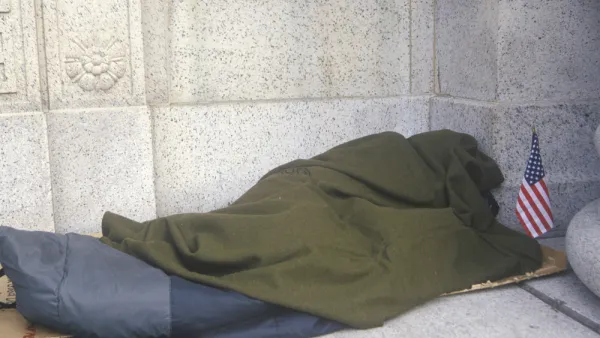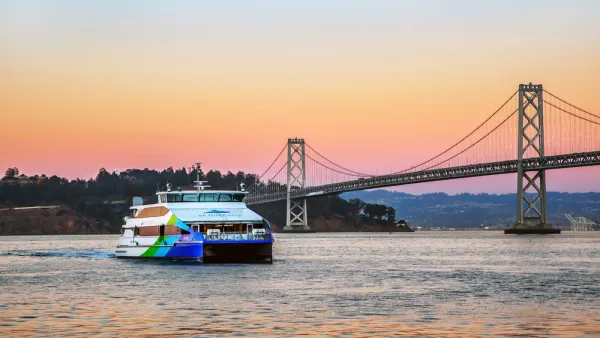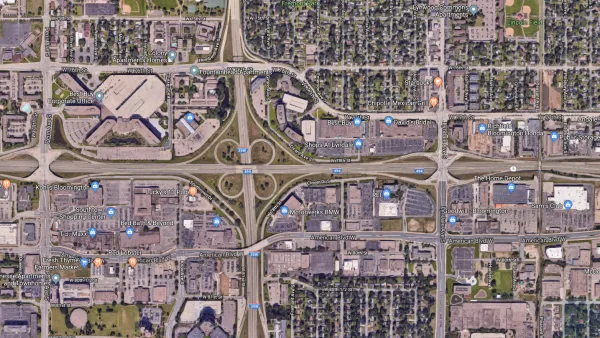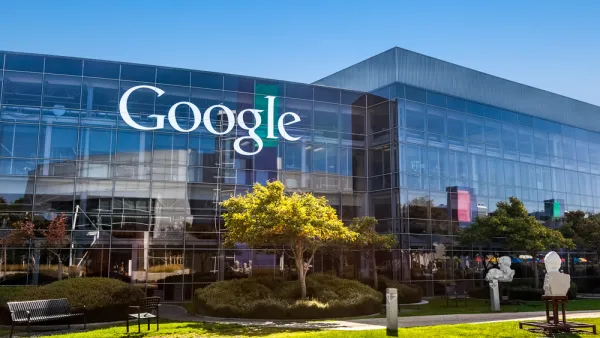Irvin Dawid discovered Planetizen when a classmate in an urban planning lab at San Jose State University shared it with him in 2003. When he left San Jose State that year, he took with him an interest in Planetizen, if not the master's degree in urban & regional planning.
As a long-time environmental activist, he formed the Sustainable Land Use committee for his local Sierra Club chapter and served six years on the Bay Area Air Quality Management District’s Advisory Council from 2002-2008. He maintains his interest in air quality by representing Sierra Club California on the Clean Air Dialogue, a working group of the Calif. Environmental Dialog representing business, regulatory and public health/environmental interests.
Major interests include transportation funding, e.g., gas taxes, vehicle miles traveled (VMT) fees, road tolls and energy subsidies that lead to unlevel playing fields for more sustainable choices.
He hails from Queens (Bayside) and Long Island (Great Neck); received an AAS in Fisheries & Wildlife Technology from SUNY Cobleskill and a B.S. from what is now Excelsior College.
After residing for three years on California’s North Coast, he’s lived on the San Francisco Peninsula since 1983, including 24 years in Palo Alto. Home is now near downtown Burlingame, a short bike-ride to the Caltrain station.
He’s been car-free since driving his 1972 Dodge Tradesman maxi-van, his means to exit Long Island in 1979, to the junkyard in 1988.
Major forms of transportation: A 1991 'citybike' and monthly Caltrain pass, zone 2-2. "It's no LIRR, but it may be the most bike friendly train in America."
Irvin can be reached at [email protected]

$2 Billion Bond Measure on California Ballot to House the Mentally Ill Homeless
The revenue bonds would be funded from a millionaires' surtax, approved by voters in 2004, to pay for health programs, but not housing, for the mentally ill. Also on ballot: a $4 billion general obligation bond measure to fund housing for veterans.

Electrifying Maritime Transport – San Francisco Bay to Show the Way
While battery-power doesn't appear practical, electricity from fuel cells does. The nation's first fuel cell-powered ferry will be operating in San Francisco Bay next year thanks in part to a $3 million grant from the California Air Resources Board.

Nine Highway Expansions Identified as Worst Boondoggles of 2018
In a new report, U.S. PIRG and the Frontier Group describe nine costly highway projects amounting to $30 billion in their fourth annual "Highway Boondoggles" report. All share the theme of induced travel demand.

Google Tax to Appear on November Ballot in Mountain View, California
If a majority of the city's voters approve the city-sponsored ballot measure, business license fees will change from a flat $30 annual fee to a new tax based on the number of employees, with the largest employer, Google, to pay $3.3 million.

Big Oil Wins Climate Change Lawsuits
The courts are no place to be deciding on the contribution of fossil fuels to climate change, ruled a Northern California federal district court judge in a "stinging defeat" to San Francisco and Oakland that wanted Big Oil to pay mitigation costs.

























